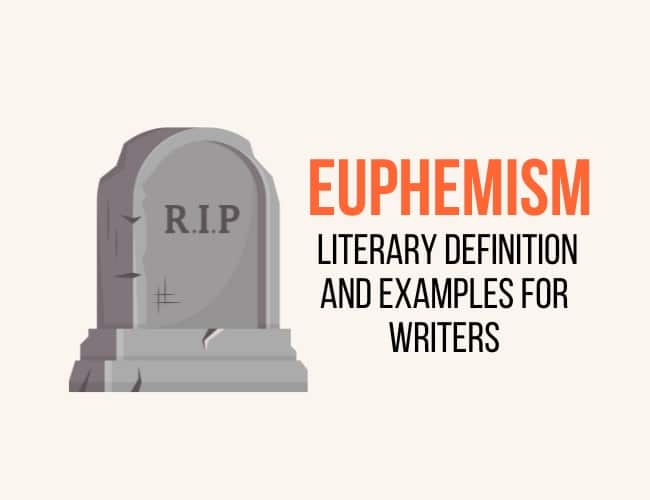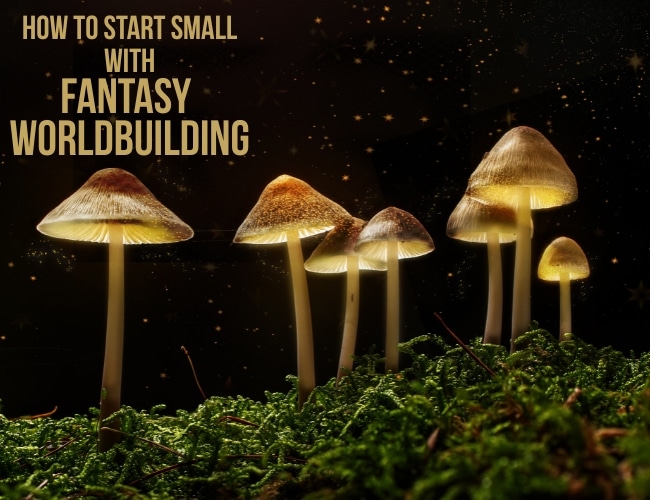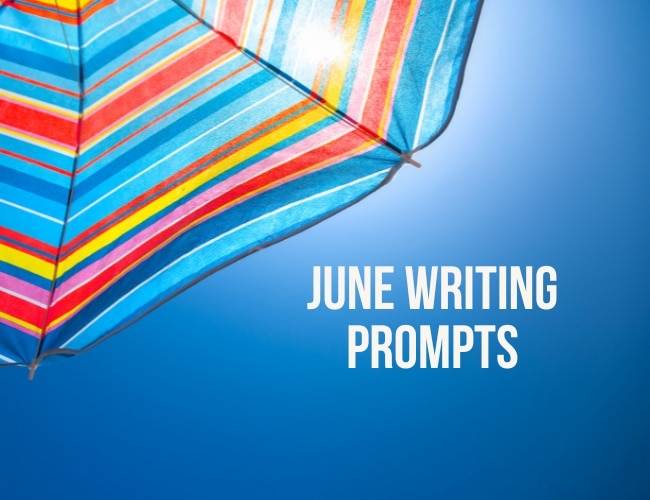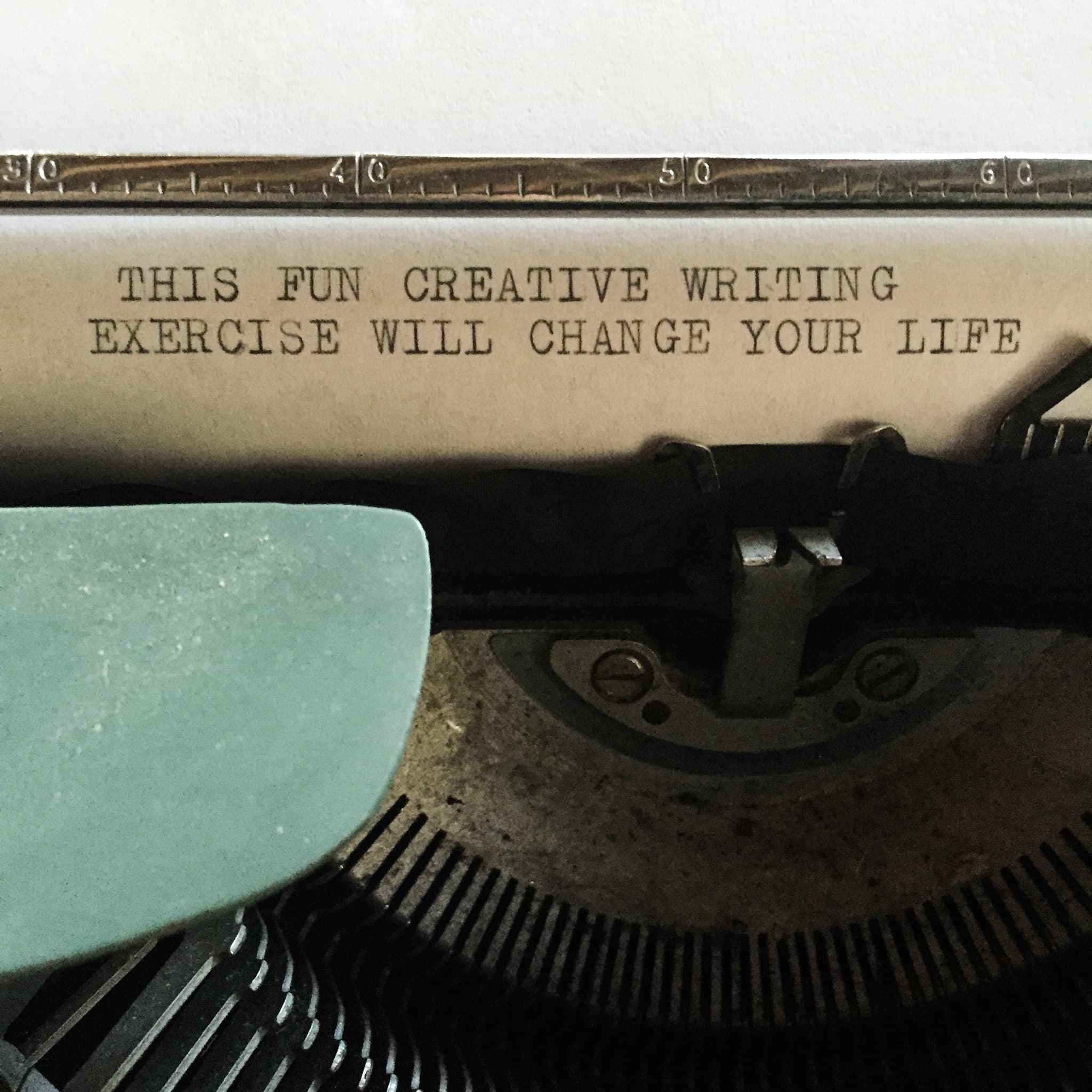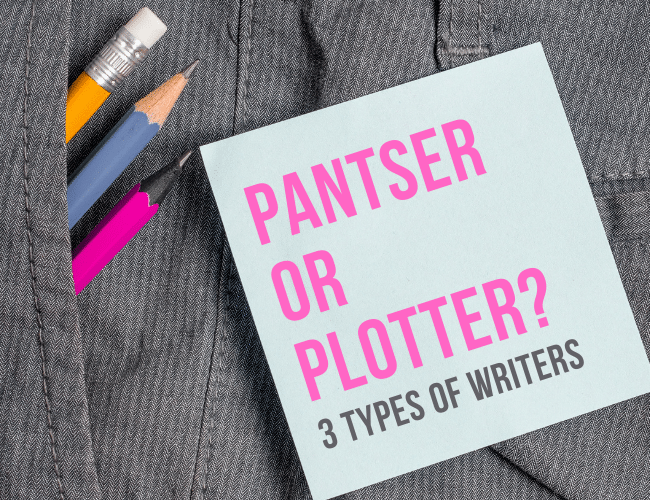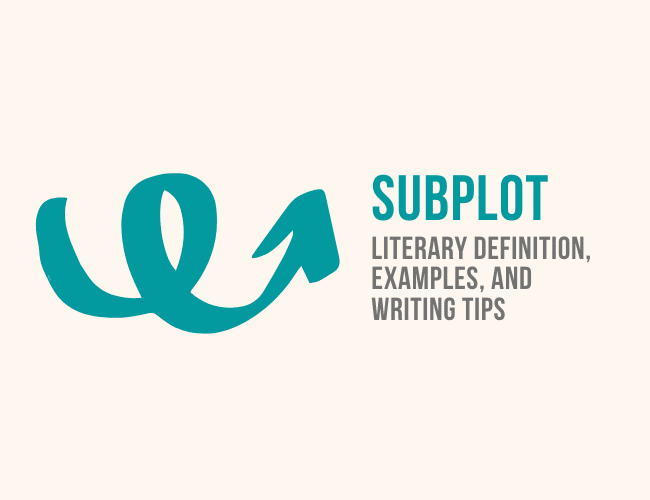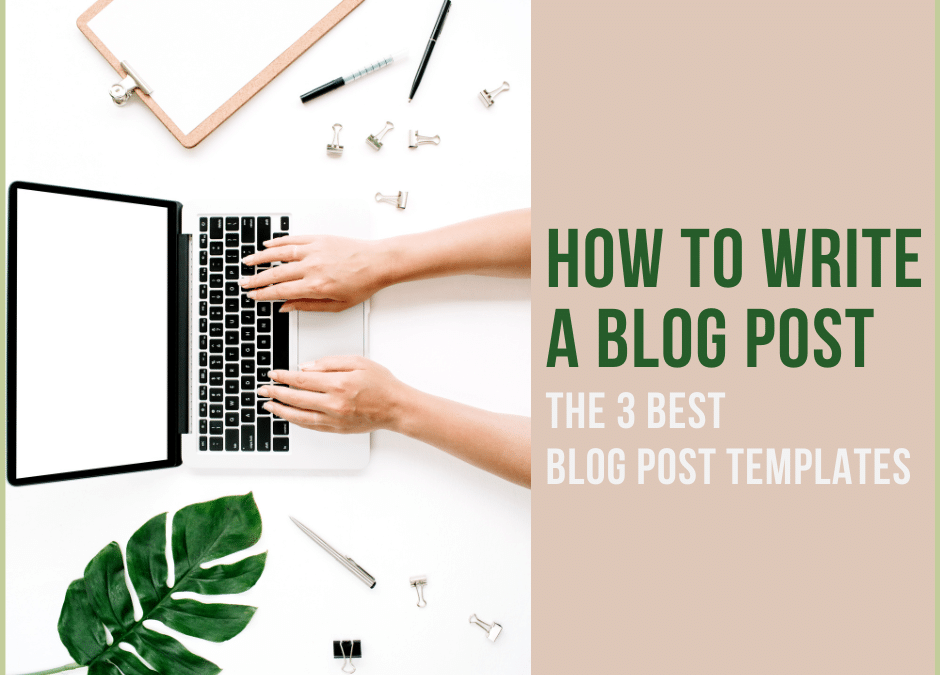Euphemistic language is everywhere in polite society, used to speak and write sensitively about taboo subjects or to tackle difficult situations.
Parents sometimes refer to “the birds and the bees” as a euphemism for sex when speaking to their kids.
Euphemisms can make it both easier and harder to talk about uncomfortable topics, so they can be used in interesting ways in literature.
